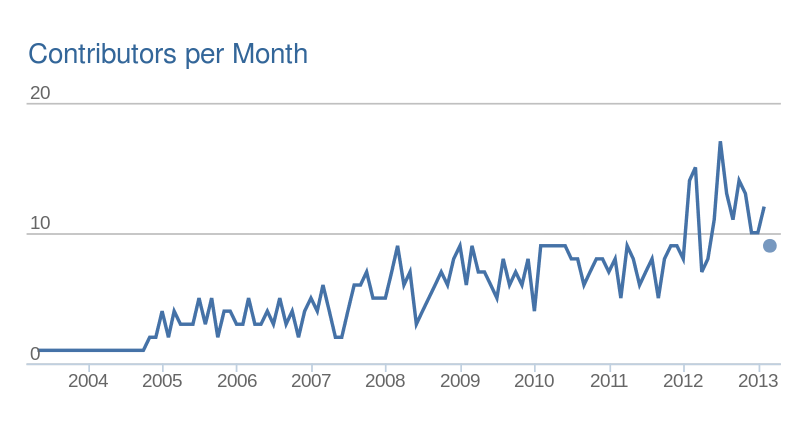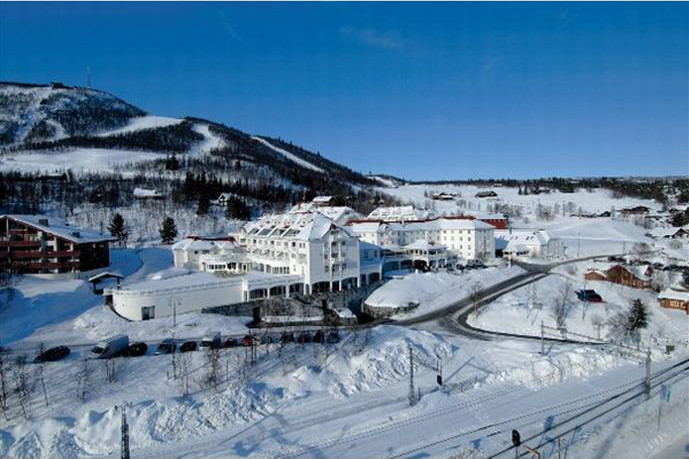Registration is open for Madagascar’s Second Working Workshop.
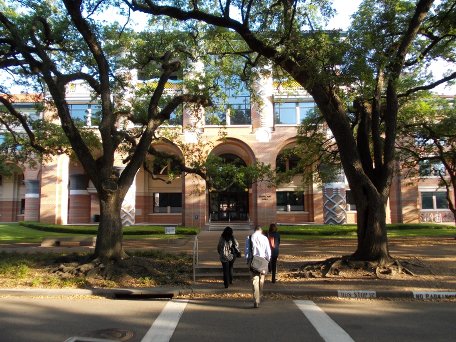
As a reminder, Working Workshops as opposed to “talking workshops” are meetings where the participants work together (possibly divided into pairs or small teams) to develop new software code or to conduct computational experiments addressing a particular problem. The First Working Workshop took place last summer in Austin. This year’s workshop will take place on at Rice University in Houston, Texas, on July 31 – August 2, 2014. The topic of this year’s workshop is parallel and high-performance computing. The objective is
- To develop convenient tools for high-performance and parallel computing.
- To create new examples of distributed-memory and shared-memory parallel computing.
- To explore hardware-accelerated parallel computing (NVIDIA GPU and Intel® Xeon Phi).
Registration is free by an application is required. If you are interested in participating in this workshop, please fill an application form.
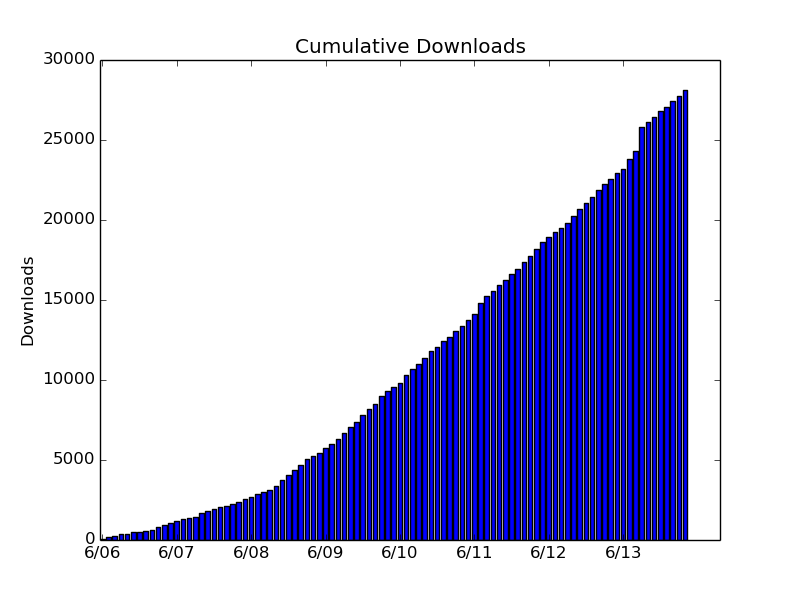
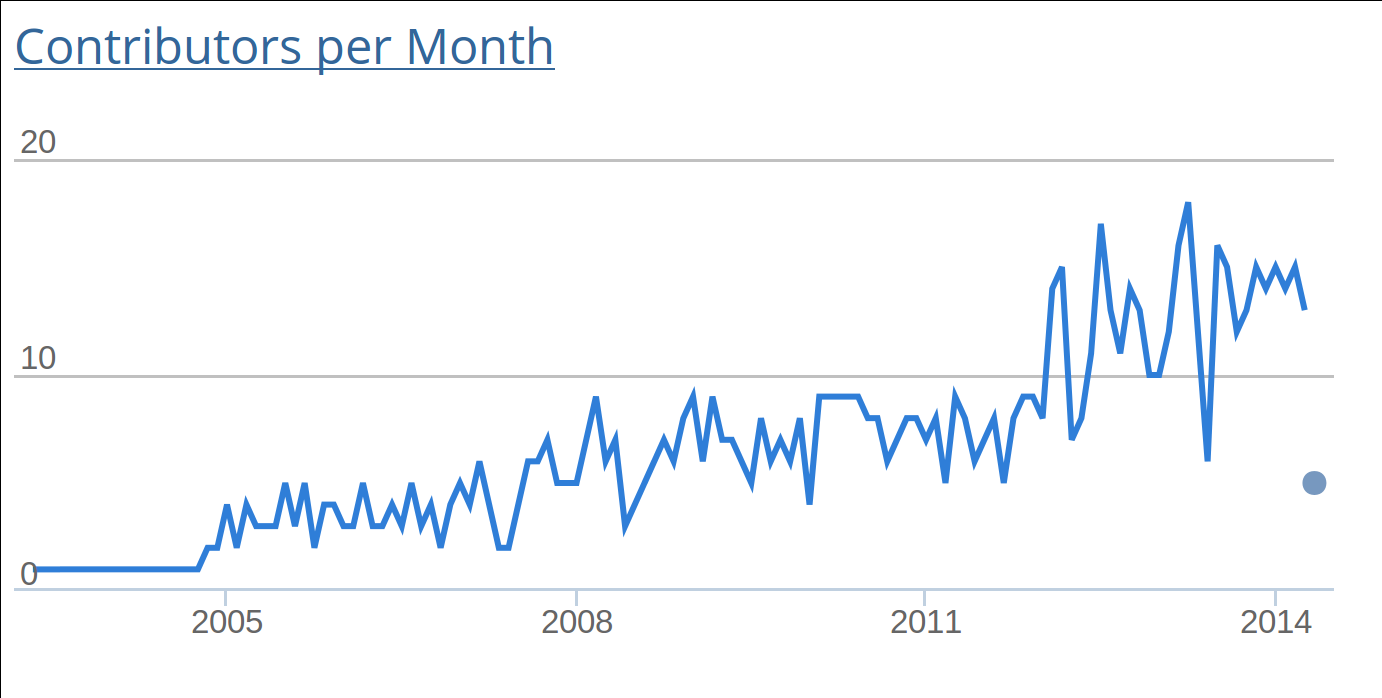


 An unusual experiment in collaborative reproducible research took place in Austin, Texas, on July 25-27: 25 participants from 9 different organizations gathered at the Bureau of Economic Geology, The University of Texas at Austin for the
An unusual experiment in collaborative reproducible research took place in Austin, Texas, on July 25-27: 25 participants from 9 different organizations gathered at the Bureau of Economic Geology, The University of Texas at Austin for the 

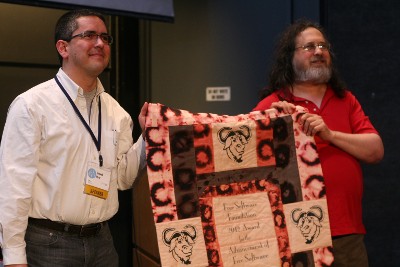
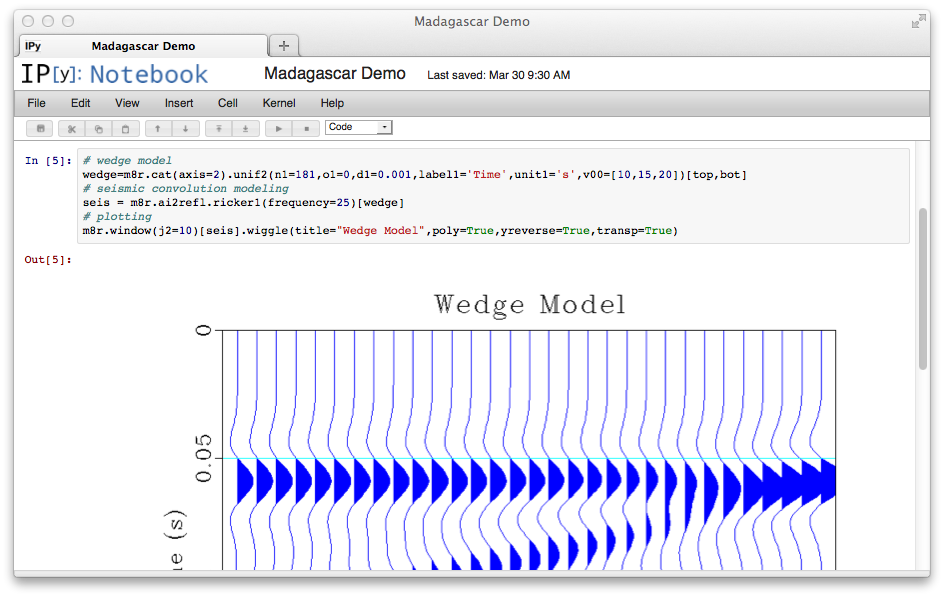
 The official birthday of the Madagascar project is June 11, 2006, when the project was first
The official birthday of the Madagascar project is June 11, 2006, when the project was first 